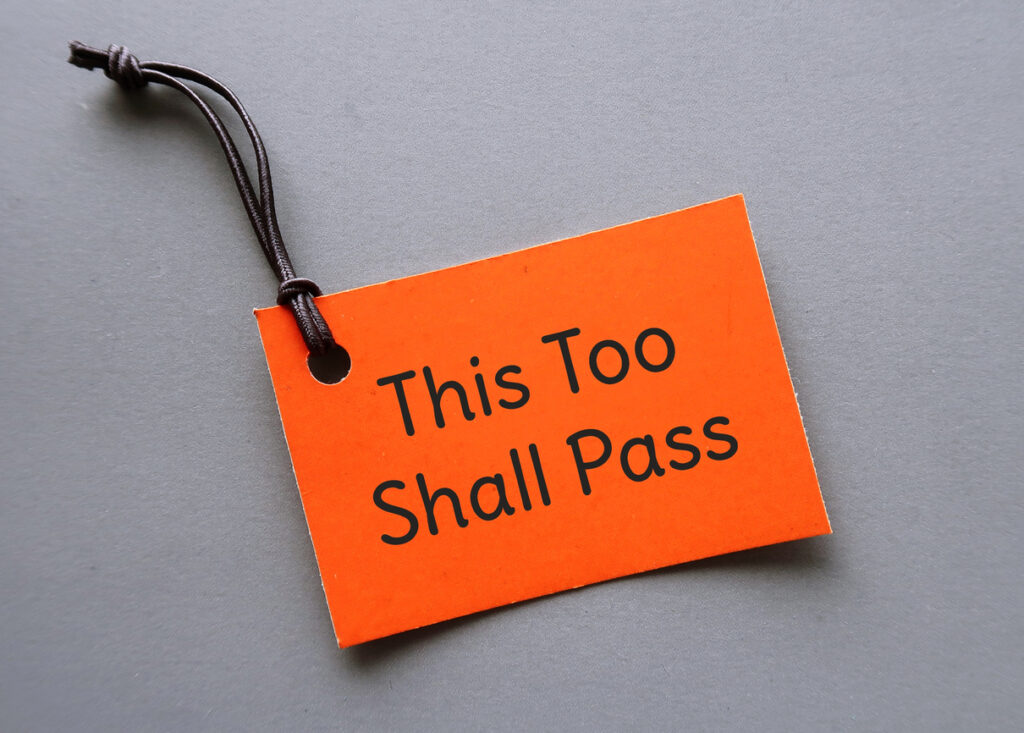KEY POINTS:
- Contracts professionals should learn when shall can be used correctly and use it only in those instances, if at all.
- There are several alternatives to shall that can be used, such as will or may.
- If we unnecessarily use legalese (including shall), we risk creating ambiguities and we make our documents less accessible.

Shall has been described as one of the most frequently litigated words. And it might be the most controversial among legal writing scholars. Bryan Garner (author of Legal Writing in Plain English and other books) advocates for drafting without the word shall. While Ken Adams (author of Manual of Style for Contract Drafting and other books) suggests that eliminating shall is “throwing the baby out with the bathwater.”
As a full-time practicing attorney and adjunct legal writing professor, I see both sides. I try to draft contracts and other legal documents without shall as much as possible in practice. And I teach my students alternatives to the word. But I’m also inundated daily with contracts that use this word and I can’t rewrite them all (nor would my clients want to pay me to do that).
To balance these interests, I recommend that contracts professionals learn when shall can be used correctly and use it only in those instances, if you must use it at all. In this article, I will cover how to use shall correctly in contracts, some alternatives to this word, different court interpretations of shall, and how this knowledge contributes to general plain language principles.
How do I use “shall” correctly?
The function of shall is to impose a duty on the subject of the sentence. In a contract, the subject of the sentence must be a legal person. To test whether the word shall is properly used in a sentence, substitute the phrase “has a duty to” for shall. If it doesn’t make sense, don’t use shall.
Correct use: “Buyer shall pay Seller $1,000.”
Here, buyer is a legal person who has a duty to pay the seller. This works!
Incorrect use: “Notice shall be published within 10 days.”
Is “notice” a legal person? No. Does the notice have a duty to be published? Also no. It’s a false imperative. This doesn’t work.
Correct use: “The parties shall interpret this section in light of section 4.”)
The parties are legal persons who have a duty to interpret the section in a particular way.
Incorrect use: “This section shall be construed in light of section 4.”
Is the “section” a legal person? No. The “section” does not have a duty to be construed in any particular way. This is another false imperative.
What are some alternatives to “shall”?
Even when used correctly, contracts professionals should consider alternative words to shall that can also serve to impose a duty.
Here are some of my favorite alternatives:
- Must – Buyer must pay Seller $1,000.
- Is to – Buyer is to pay Seller $1,000).
- Will – Buyer will pay Seller $1,000. This word is best used if the contract is creating a promise (still an obligation, but some prefer this word) or if the contract is describing a future event or consequence.
- May – Buyer may pay six months’ rent in advance. This indicates discretion, not a mandatory obligation.
What are some recent court interpretations of “shall”?
Some might scoff at this distinction. Who cares if we say “notice shall be provided” within a certain time? The reader will know what we mean, right? Maybe not.
The word shall has been called “inherently ambiguous” for a reason.[1] It can be read as mandatory or permissive, particularly when used with the passive voice like in the examples above. It also can be read as “directory” – giving a direction but not imposing an obligation.
A recent case illustrates this distinction. A City of Chicago ordinance states that a notice of a traffic violation “shall include all applicable information required in Sections 11-208.3, 11-208.6 and 11-208.8 of the Illinois Vehicle Code.”[2] The city issued violation notices that didn’t include all of the required information from the vehicle code. So a group of motorists who received those violations filed a class action lawsuit against the city, arguing that the violation notices were unenforceable because the ordinance stated they “shall” include certain information.
After all, shall is mandatory, not discretionary, right?
The Appellate Court of Illinois, however, held that the question wasn’t whether the word shall denoted a “mandatory” versus “permissive” (or discretionary) action. Instead, the court considered whether shall was mandatory (required) or “directory” – something that the government is supposed to do (directed to do) but that won’t invalidate the government action if it is not done.
The court found the ordinance ambiguous as to whether shall was mandatory or directory and looked to the language of the municipal code as a whole. The municipal code stated that shall means “mandatory.” Yet because there were no “negative consequences for the City’s failure to comply” and no prejudice to the plaintiffs, the court held that shall was directory, not mandatory, and affirmed the dismissal of plaintiffs’ action. This case shows that shall is not always mandatory, contrary to what some contract professionals believe.
How does plain language drafting improve our documents?
Shall is not ambiguous in every case. But understanding when and how to use shall is part of a larger dialogue about drafting legal documents in plain language – which, in my opinion, is a matter of professional responsibility.
Our documents should be readable and usable by the intended audience. If we unnecessarily use legalese (including shall), we risk creating ambiguities, and we make our documents less accessible to non-attorney readers. We do a disservice to our clients if opposing parties and even judges cannot readily understand what we have drafted. A party cannot abide by a contract that it doesn’t understand. Which is why it is important to draft clear contracts.
We don’t need to prohibit the word shall altogether. But when we find ourselves writing shall, we should think about whether we are using it correctly and whether the contract as a whole is readable and user-friendly, which should be our chief goal as legal writers.
Then we can ask ourselves: shall we use shall?
[1] Bland Henderson v. Commonwealth, 77 Va. App. 250, 257, 885 S.E.2d 477, 480 (2023).
[2] Kennedy v. City of Chicago, 2022 IL App (1st) 210492 (Dec. 20, 2022).

















